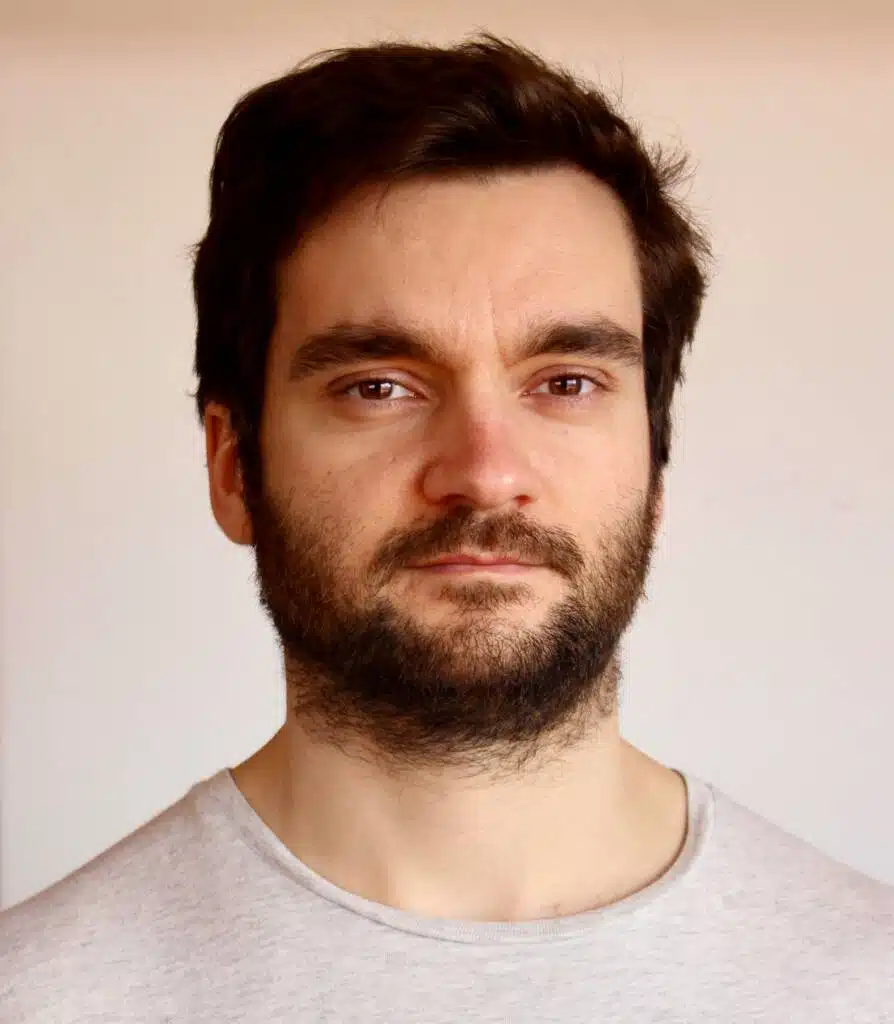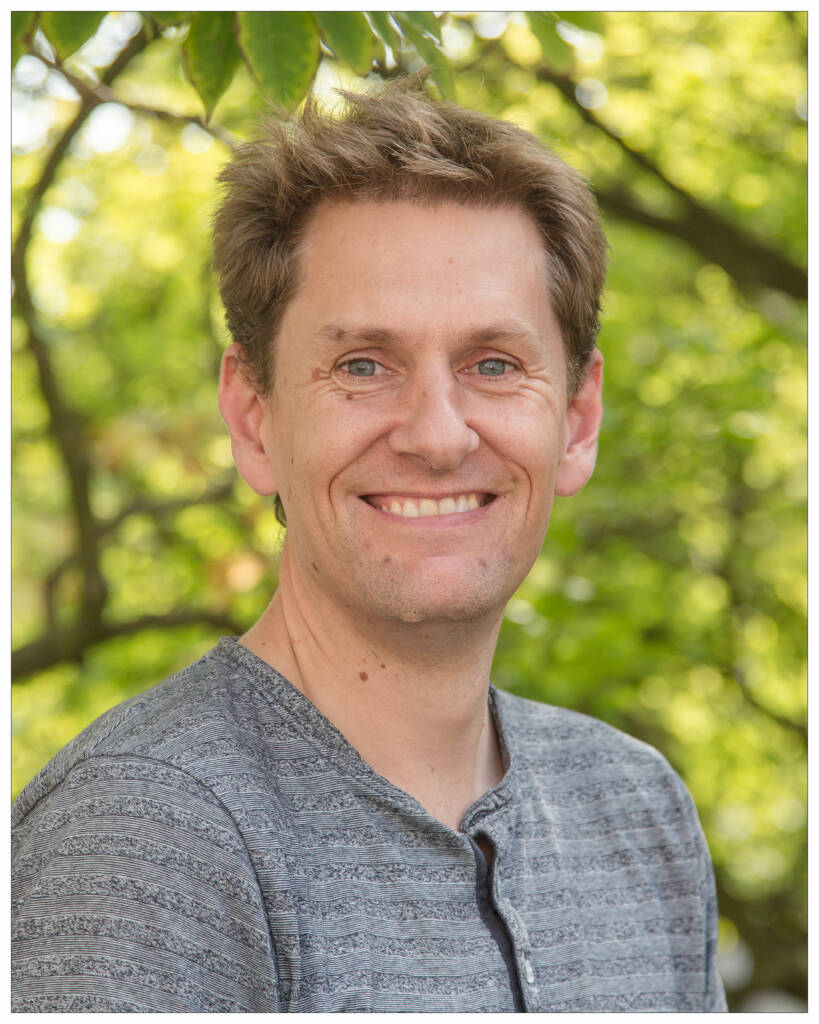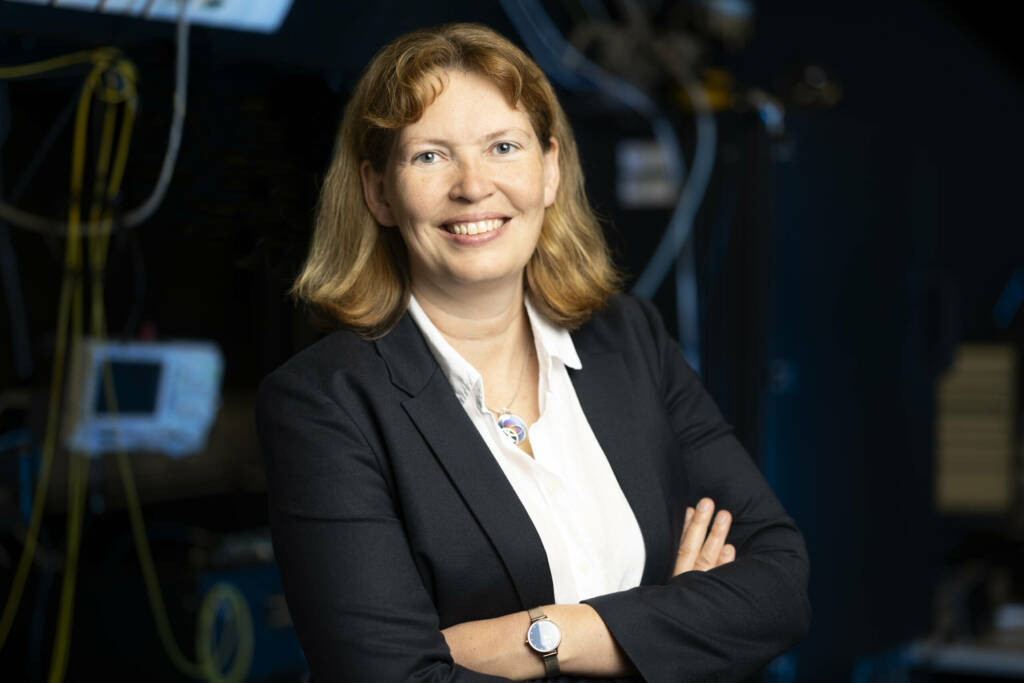Raphael Lopes
On strongly interacting homogeneous Bose—Einstein condensates


Date & heure
21/06/2017
Lieu
CdF, salle 5
Accueil
During this talk, I will show that using two-photon Bragg spectroscopy, one can study the energy of particle-like excitations in a strongly interacting homogeneous Bose-Einstein condensate, and observe dramatic deviations from Bogoliubov theory. In particular, at large scattering length a the shift of the excitation resonance from the free-particle energy changes sign from positive to negative. For an excitation with wavenumber q, this sign change occurs at a about 4/(\pi q), in agreement with the Feynman energy relation and the static structure factor expressed in terms of the two-body contact. For a about 3/q we also see a breakdown of this theory, and better agreement with calculations based on the Wilson operator product expansion. Neither theory explains our observations across all interaction regimes, inviting further theoretical efforts.Moreover, we also show that through the use of a Bragg filtering method one can access the momentum distribution of an ultra-cold atomic gas and extract its condensed fraction. We observe that the condensed fraction reduces linearly as a function of (na^3)^0.5, behaviour which follows the quantitative prediction of quantum depletion introduced by N. N. Bogoliubov 70 years ago.
Anders Sørensen
Niels Bohr Institute, University of Copenhagen
Quantum information processing with emitters strongly coupled to photonic waveguide
Tanja Mehlstäubler
Physikalisch-Technische Bundesanstalt &Leibniz Universität Hannover
Precision Spectroscopy in Ion Coulomb Crystals and Search for New Physics


